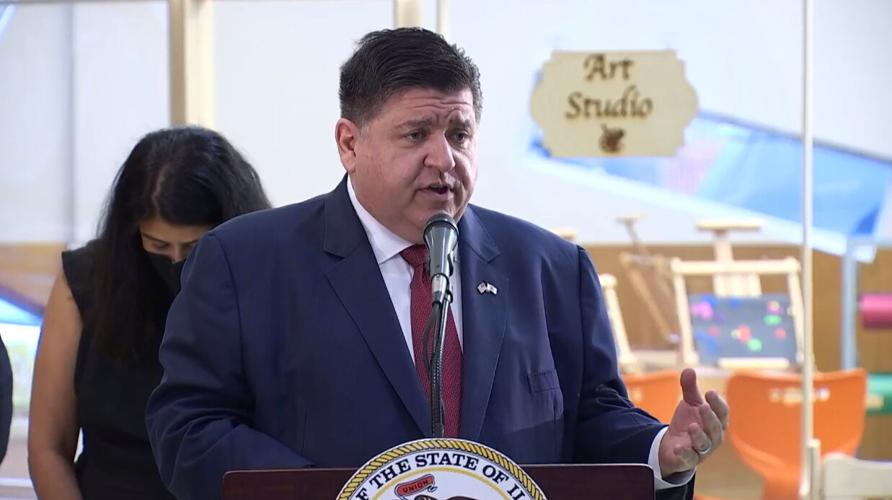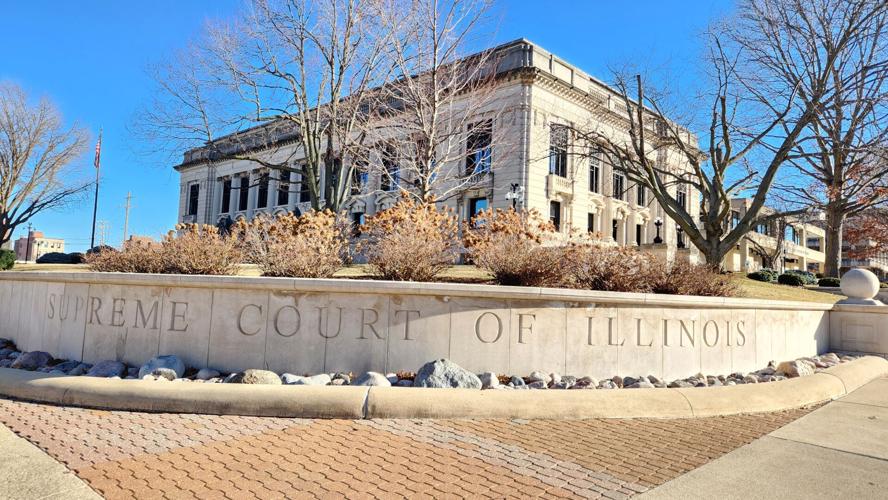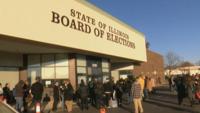(The Center Square) – Gov. J.B. Pritzker doesn’t just appear at the top as a defendant in the Macon County gun-ban challenge in front of the Illinois Supreme Court. He’s also the top donor for two supreme court justices’ campaigns.
Pritzker donated a total of $2 million to then-Illinois Supreme Court candidates Mary O’Brien and Elizabeth Rochford, $1 million each.
The governor signed a law in 2022 that capped contribution limits in such campaigns to $500,000 from “any single person.” Despite that, to each candidate, half a million came from each of Pritzker’s political campaign and his revocable trust.
Illinois House Speaker Emanuel “Chris” Welch, D-Hillside, is also a top donor to the justices with O’Brien receiving $350,000 and Rochford receiving $150,000 from The People for Emanuel Chris Welch fund. Welch is another top defendant in the gun-ban challenge and the challenge against Illinois’ no-cash bail law that’s currently on hold pending appeal.
Rochford and O’Brien won in November and now sit on the bench of seven at the state's highest court.
On Monday evening, the court processed a direct appeal from the Illinois Attorney General in the Macon County case challenging Illinois' gun ban. The unsigned proposed order plans briefs from each side through March and April with oral arguments in mid-May.
The Illinois Supreme Court is set to hear arguments in the no-cash bail case on March 14. It’s unclear if O’Brien and Rochford will recuse themselves in either case. Justices can be listed as “took no part” in certain cases when opinions are issued.
Chris Forsyth with the nonpartisan Judicial Integrity Project out of Colorado said trust in the judicial system is crucial in American society.
“If we don’t have confidence in the opinions the judicial branch issues then our judicial branch is failing,” Forsyth told The Center Square.
Regardless of the case, he said the judiciary must always be above reproach.
“Political donations can lead to issues of judicial integrity and the United States Supreme Court has said so,” Forsyth said. “In some cases they have found political donations to be so grave that there is a conflict of interest that is impermissible.”
One solution to appease perceived conflicts is recusal. Another is oversight.
“Your judicial discipline commission should be watching the situation closely as to what’s going on,” Forsyth said.
The State of Illinois Judicial Inquiry Board receives, initiates and investigates complaints concerning active Illinois state court judges.
“Additionally, when warranted, it is the responsibility of the Judicial Inquiry Board to file a public complaint against a judge with the Courts Commission,” the board’s website says. “The Constitution mandates that all proceedings of the Judicial Inquiry Board shall be confidential except the filing of a complaint with the Courts Commission.”











